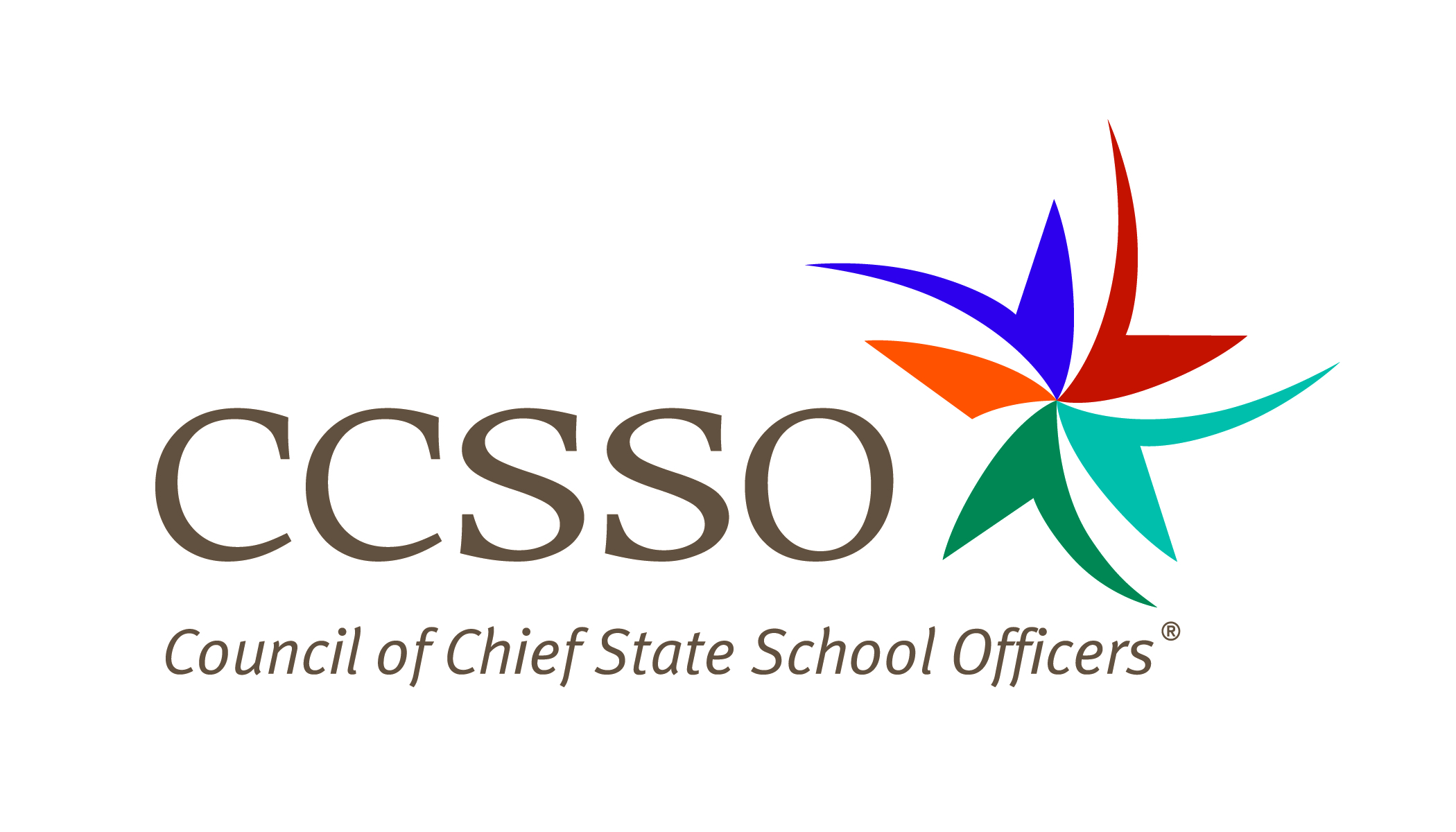
Washington, D.C. (September 20, 2022) – Two state education leaders, Nebraska Commissioner Matthew Blomstedt and Tennessee Commissioner Penny Schwinn, testified today at a U.S. House Education and Labor subcommittee hearing, “Back to School: Meeting Students’ Academic, Social and Emotional Needs.”
Both Blomstedt and Schwinn are members of the Council of Chief State School Officers’ Board of Directors.
Blomstedt discussed how Nebraska educators have used federal COVID-19 relief throughout the pandemic to support students during school building closures, reopen schools for the 2020-2021 year and address ongoing academic impacts and social-emotional needs.
“Federal investments made in education across Nebraska are critical support for students’ academic, social and emotional needs,” Blomstedt said in prepared testimony. “Nebraska endeavors to invest and target funds where they are most needed. We are just beginning to see the fruits of those investments and will continue to measure progress in the year ahead.”
Read Blomstedt’s testimony here.
Schwinn discussed how Tennessee schools used the different federal relief packages to support students throughout the pandemic and through ongoing recovery efforts, with a particular focus on improving early literacy, accelerating academic achievement for all students and expanding the educator pipeline.
“We must all continue to be even bolder in our approach and more innovative in our thinking,” Schwinn said in prepared testimony. “The pandemic was a pivotal moment in education, but what we do now has the power to define our field and our country. Our kids deserve our best now more than ever.”
Read Schwinn’s testimony here.
###
The Council of Chief State School Officers (CCSSO) is a nonpartisan, nationwide, nonprofit organization of public officials who head departments of elementary and secondary education in the states, the District of Columbia, the Department of Defense Education Activity, Bureau of Indian Education, and five U.S. extra-state jurisdictions. CCSSO provides leadership, advocacy, and technical assistance on major educational issues. The Council seeks member consensus on major educational issues and expresses their views to civic and professional organizations, federal agencies, Congress, and the public.
You May Also Be Interested In ...